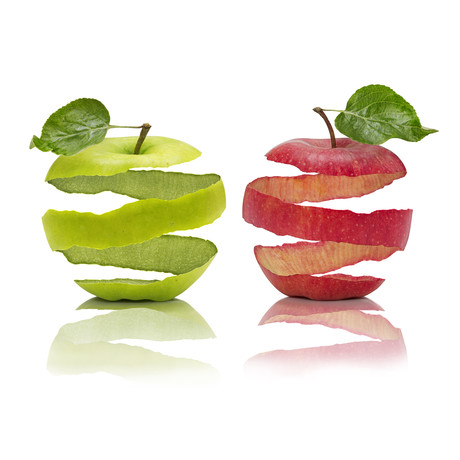Agriculture waste has potential in new industries

With mounting levels of waste worldwide, a new $10.9 million research consortium led by University of Adelaide is looking into ways to transform agricultural waste into new products.
The Agricultural Product Development consortium’s 18 partners — nine from the agriculture and food sector, and nine academic institutions and industry partners — will come together to develop high-value products from agricultural waste.
The state government will provide $4 million over four years through its Research Consortia Program, and the University of Adelaide will contribute $2.3 million.
Agriculture’s potential to generate high-value products and create new post-farm gate industries has not yet been realised, according to Professor Vincent Bulone, Research Consortium Lead Investigator and Director of Adelaide Glycomics, a carbohydrate analytical facility at the Waite campus.
“Our agricultural and horticultural industries generate abundant waste biomass, which is currently disposed of at a cost to the producer, or [with] only a low return. But there are compounds we can derive from this waste — a range of different ‘biomolecules’ — that have high-value potential applications for their structural or health properties,” he continued.
Some biomolecules from South Australian crop waste have health, mechanical and texturising properties, which means they could have applications in the food, structural materials and cosmetics industries. Anthocyanins from apples and cherries can be a form of food colouring, chitosan from mushrooms can be used in skincare products, sulforaphane from Brassica vegetables have potential benefits for diabetic patients and cellulose can be used for composite materials.
The consortium will also focus on attracting students and researchers, and providing training across multiple disciplines and industrial specialisations.
“This consortium draws together a unique combination of research expertise, facilities, industry know-how and resources. It promises increased profitability and sustainability for our local agricultural and horticultural industries, and significant health and economic benefit for our whole state,” said University of Adelaide Deputy Vice-Chancellor (Research) Professor Mike Brooks.
AFGC reviews progress on food and grocery manufacturing targets
In its latest food and grocery manufacturing sector report, AFGC reflects on the...
$15m AI space project to help boost Australian agriculture
The Australasian Space Innovation Institute is developing an AI-enabled geospatial national...
Barry Callebaut opens chocolate innovation centre in Singapore
The Callebaut Global Innovation Center is helping to advance the future of chocolate and cocoa...











